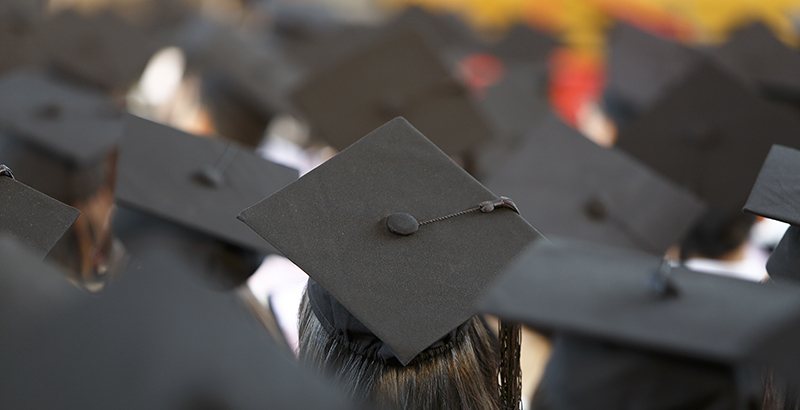In the realm of education, every student deserves equal opportunities to learn and succeed. This principle applies especially to individuals with special education needs and disabilities. Special education plays a crucial role in providing tailored support, accommodations, and opportunities for these students. In this blog article, we will explore the importance of special education needs and disabilities, highlighting the value of inclusivity and how it empowers students to unlock their full potential.
- Tailored Support for Individual Success:
Special education recognizes that each student with special needs or disabilities is unique. It focuses on tailoring instruction and support to meet their specific requirements. Whether it is adapting teaching methods, providing individualized education plans (IEPs), or integrating assistive technologies, special education ensures that students receive the support necessary to thrive academically and participate in educational activities on an equal footing with their peers. - Promoting Inclusion and Acceptance:
Inclusive education is a cornerstone of special education, fostering an environment where all students are welcomed and valued. By creating inclusive classrooms, schools cultivate empathy, understanding, and acceptance among students. This not only benefits students with special needs but also enriches the educational experience for their peers, promoting a diverse and inclusive society from an early age. - Nurturing Holistic Development:
Special education recognizes that education goes beyond academic achievement. It embraces a holistic approach, taking into account students’ social, emotional, and behavioral well-being. Special education professionals work alongside students, families, and other support systems to address these aspects comprehensively. By nurturing holistic development, special education prepares students with special needs and disabilities for a successful and fulfilling life beyond the classroom. - Building Self-Advocacy and Independence:
One of the primary goals of special education is to equip students with the skills and confidence to advocate for themselves and participate actively in decision-making processes. Special education encourages self-advocacy and fosters independence by teaching students how to advocate for their needs, make informed choices, and set achievable goals. Empowering students to become self-advocates prepares them for a future where they can navigate challenges, pursue their aspirations, and contribute to society. - Embracing Diversity and Strengths:
Special education celebrates the diversity of strengths and abilities among students with special needs and disabilities. It acknowledges that every student has unique talents, interests, and perspectives to contribute. By recognizing and nurturing these strengths, special education cultivates a positive self-image in students, fostering a sense of belonging and self-confidence.
Special education needs and disabilities play a pivotal role in fostering an inclusive and equitable education system. By providing tailored support, promoting inclusivity, and embracing diversity, special education empowers students to unlock their full potential. It recognizes each student’s unique strengths and needs, preparing them for success academically, socially, and emotionally. Special education not only benefits students with special needs and disabilities but also creates a more compassionate and inclusive society that values the contributions of every individual.

